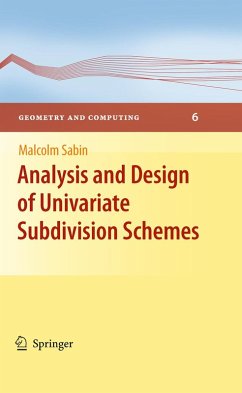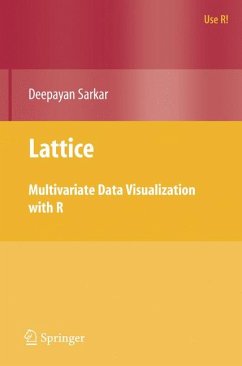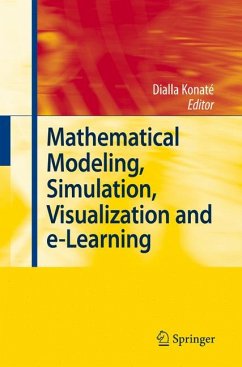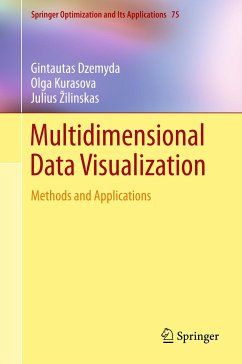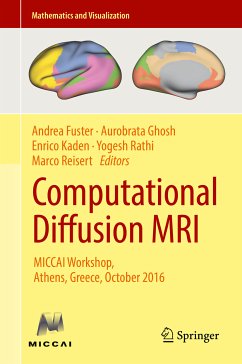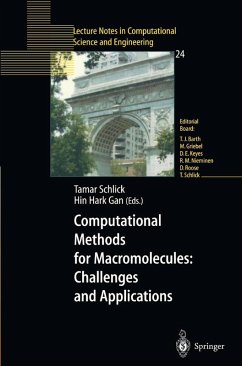
Advances in Multiresolution for Geometric Modelling (eBook, PDF)
Versandkostenfrei!
Sofort per Download lieferbar
112,95 €
inkl. MwSt.
Weitere Ausgaben:

PAYBACK Punkte
56 °P sammeln!
Multiresolution methods in geometric modelling are concerned with the generation, representation, and manipulation of geometric objects at several levels of detail. Applications include fast visualization and rendering as well as coding, compression, and digital transmission of 3D geometric objects.This book marks the culmination of the four-year EU-funded research project, Multiresolution in Geometric Modelling (MINGLE). The book contains seven survey papers, providing a detailed overview of recent advances in the various fields within multiresolution modelling, and sixteen additional researc...
Multiresolution methods in geometric modelling are concerned with the generation, representation, and manipulation of geometric objects at several levels of detail. Applications include fast visualization and rendering as well as coding, compression, and digital transmission of 3D geometric objects.
This book marks the culmination of the four-year EU-funded research project, Multiresolution in Geometric Modelling (MINGLE). The book contains seven survey papers, providing a detailed overview of recent advances in the various fields within multiresolution modelling, and sixteen additional research papers. Each of the seven parts of the book starts with a survey paper, followed by the associated research papers in that area. All papers were originally presented at the MINGLE 2003 workshop held at Emmanuel College, Cambridge, UK, 9-11 September 2003.
This book marks the culmination of the four-year EU-funded research project, Multiresolution in Geometric Modelling (MINGLE). The book contains seven survey papers, providing a detailed overview of recent advances in the various fields within multiresolution modelling, and sixteen additional research papers. Each of the seven parts of the book starts with a survey paper, followed by the associated research papers in that area. All papers were originally presented at the MINGLE 2003 workshop held at Emmanuel College, Cambridge, UK, 9-11 September 2003.
Dieser Download kann aus rechtlichen Gründen nur mit Rechnungsadresse in A, B, BG, CY, CZ, D, DK, EW, E, FIN, F, GR, HR, H, IRL, I, LT, L, LR, M, NL, PL, P, R, S, SLO, SK ausgeliefert werden.



